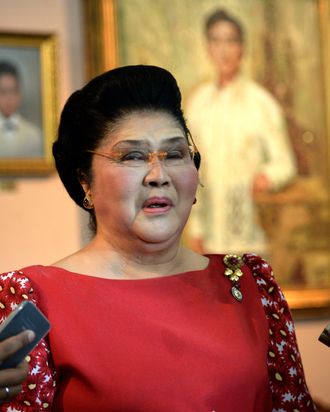
Female politicians wield a double-edged sword when they argue for more women in government on a gender-essentialist basis — claiming that women are better negotiators, for example, or more willing to strike a compromise in order to get home to their kids. Of course, such comments are partly a jab at our obstructionist Congress, but they also perpetuate the stereotype of the peacekeeping, domestically inclined woman. They risk pigeon-holing women as a certain kind of politician (a viable Speaker of the House, perhaps, but not a Commander in Chief) while discrediting the many women who don’t conform to the stereotype. Which is why it’s a relief to see papers like this one on women and corruption in politics, to be published in an upcoming issue of Politics and Gender, from Rice University’s Justin Esarey and Gina Chirillo.
It takes the overwhelming evidence that countries with more women involved in government are less prone to corruption out of a gender-essentialist context. It’s not that women are naturally purer and more honest than men. It’s that women, who are newer, as a class, to governing, make more risk-averse politicians. The authors say the relationship between gender and corruption is “activated” by democratic institutions, which try to stigmatize corruption (with mixed results). In autocracies where bribes are considered a part of doing business, the corruption gender gap disappears. “Women have stronger incentives to adapt to political norms because of the risks created by gender discrimination,” they write. In other words, it was hard enough for women to get into politics in the first place. They don’t expect to survive a campaign-financing scandal or an unpopular filibuster or a bad investment.

